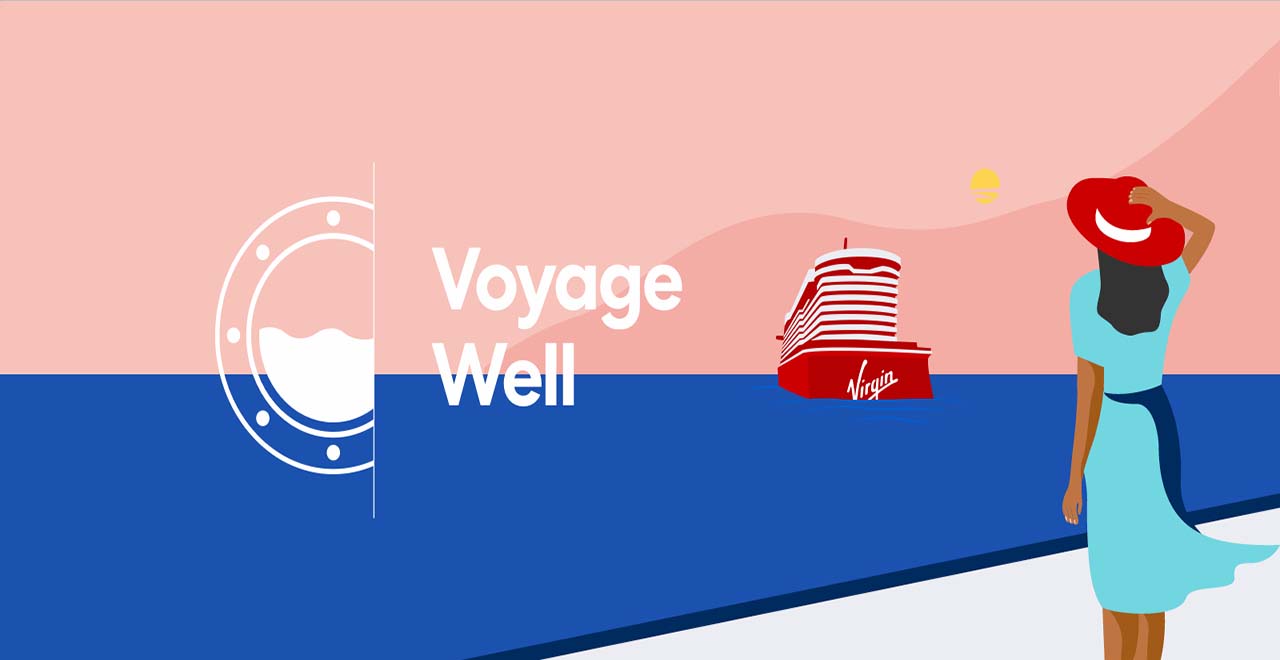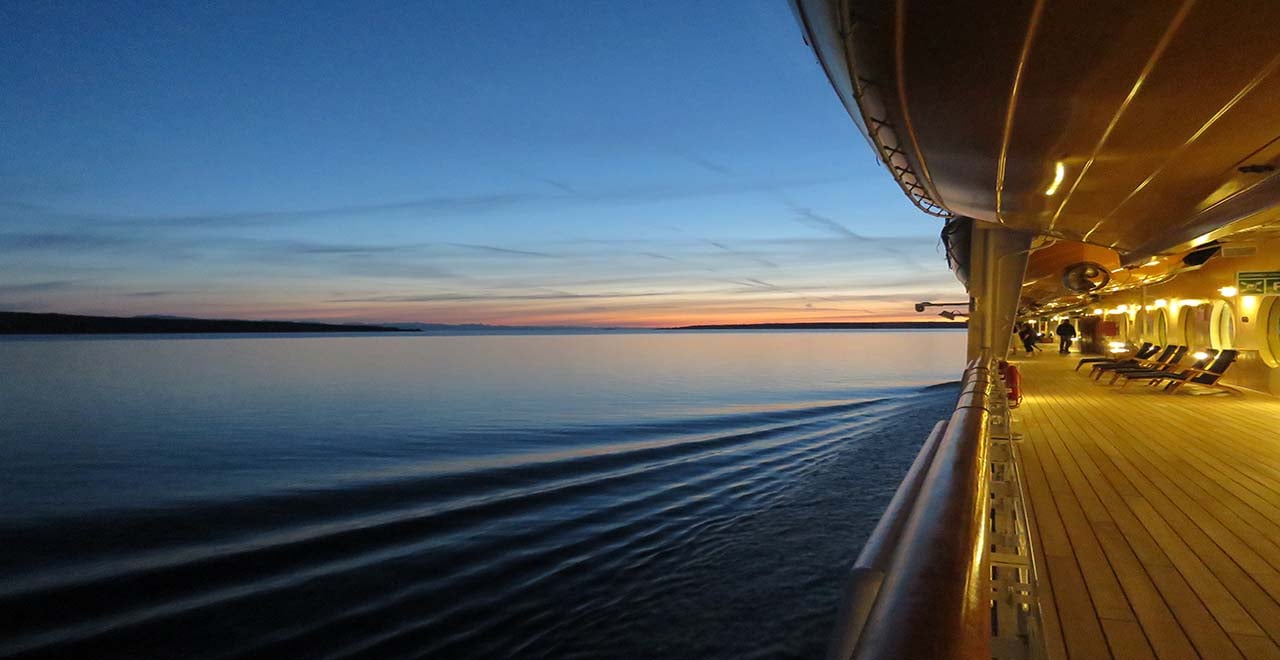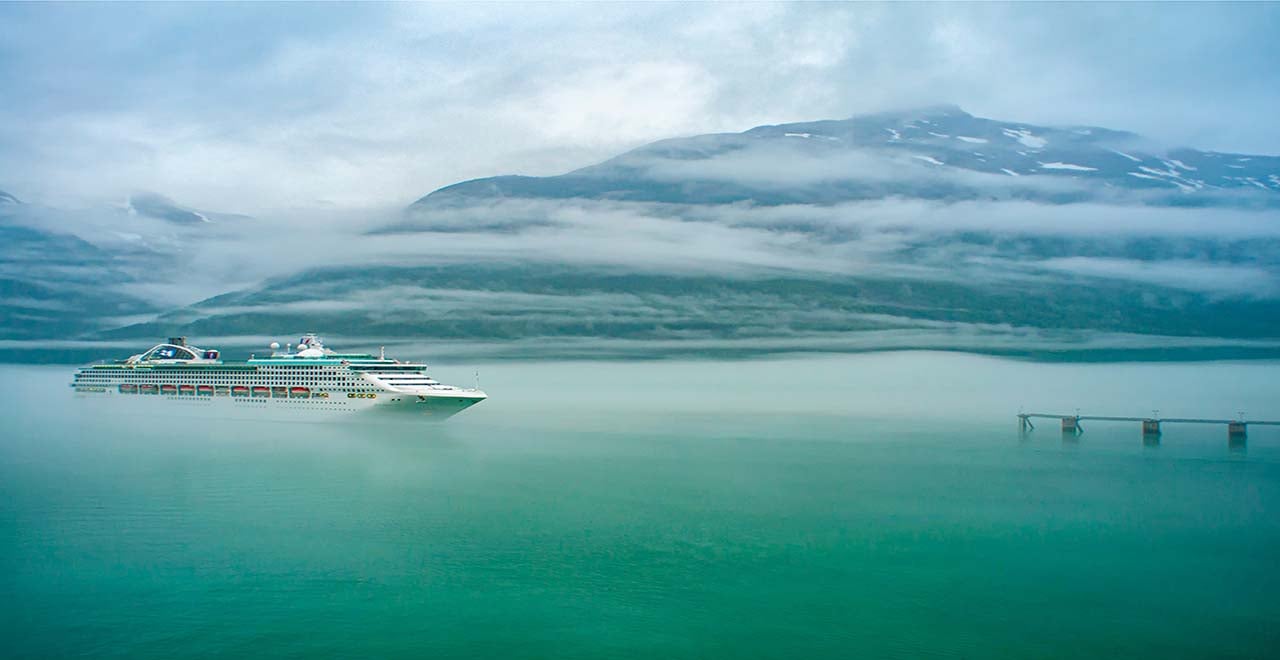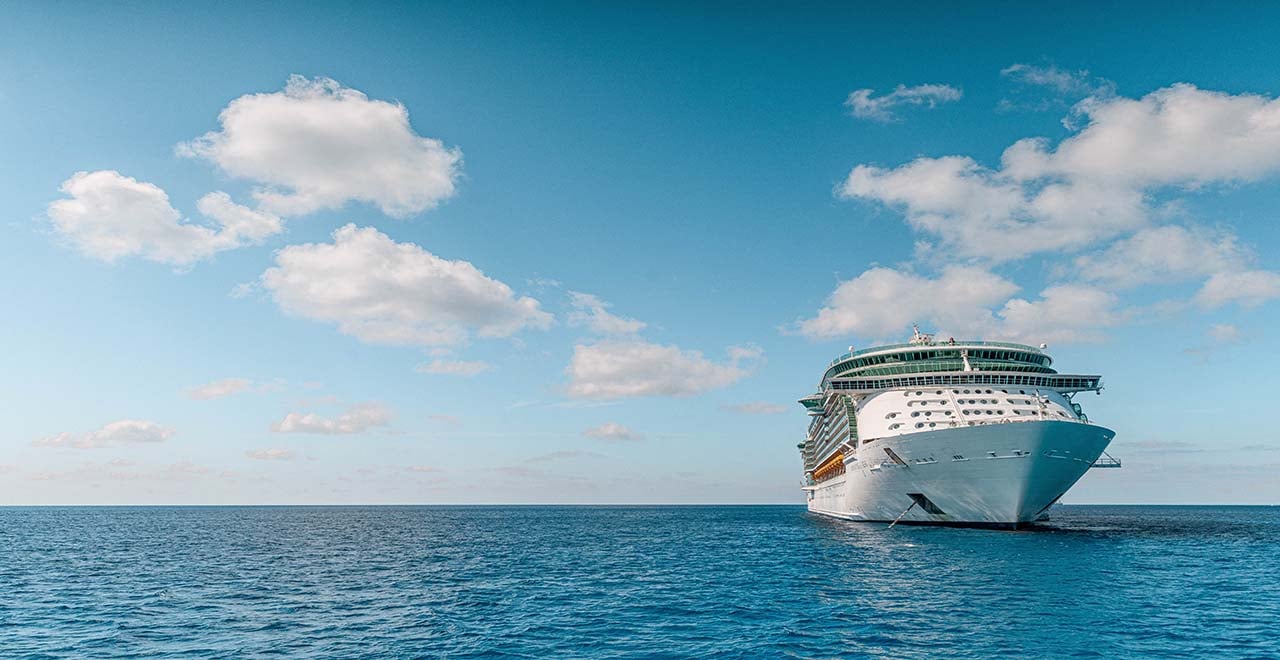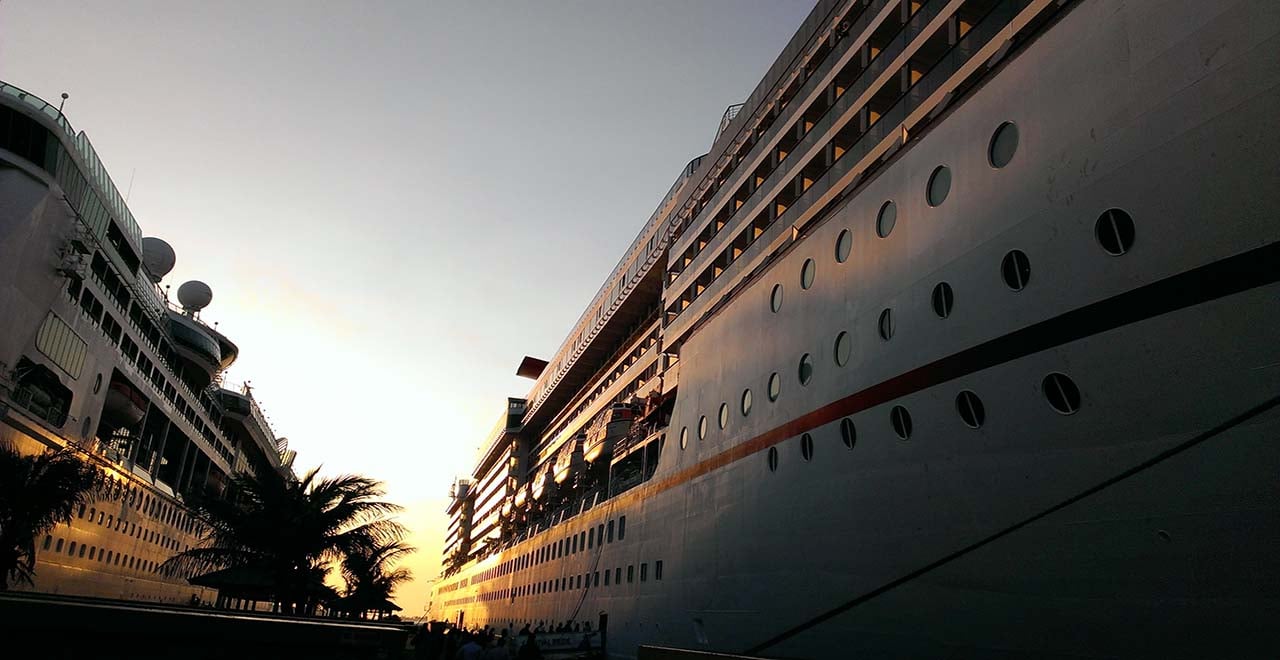Hit hard by the pandemic, the cruise ship industry must implement strict new rules and facilities in order to get back to business.
By Fran Golden
As the cruise industry looks to restart sailings in a post-pandemic world, nearly every aspect of the floating vacation experience is under the microscope. From buffets, to bars, to sports and entertainment, cruising is a social high-touch experience. Much of that is about to change, at least until a Covid-19 vaccine is developed.
Masks (either encouraged or mandatory), social distancing, frequent temperature checks – all are coming to cruise ships. And the self-serve buffets won’t be back on the menu any time soon.
The early spread of Covid-19 among cruise passengers and crew on several ships resulted in the whole cruise industry shutting down in March 2020, with some lines still trying to get thousands of crew members home. The first vessels to return to carrying passengers are small ships on hyper-focused one-nation itineraries for a local crowd – in places as disparate as the Mississippi River and Tahiti. They are showing the industry the way forward.
When Norway’s Hurtigruten returned with coastal sailings limited to Norwegian guests on June 16th 2020, it was with “hundreds of small and larger” new measures in the health and safety realm, says CEO Daniel Skjeldam. These include two-metre markings on the floor to remind guests to stand apart, as well as restrictions on use of the pool and sauna. All crew recently completed the World Health Organization’s official Covid-19 course for hygiene procedures and infection management.
Post-pandemic health and safety plans need to be reassuring, says Chekitan Dev, professor of marketing at Cornell University’s School of Hotel Administration in Ithaca, New York. He suggests that cruise companies “post a note/tab on their website, letting cruisers know how Covid-19 has changed what they should do and can expect.” Co-branding their safety protocols with trusted health brands would also be useful in showing that cruise companies are serious about the steps they are taking, he says.
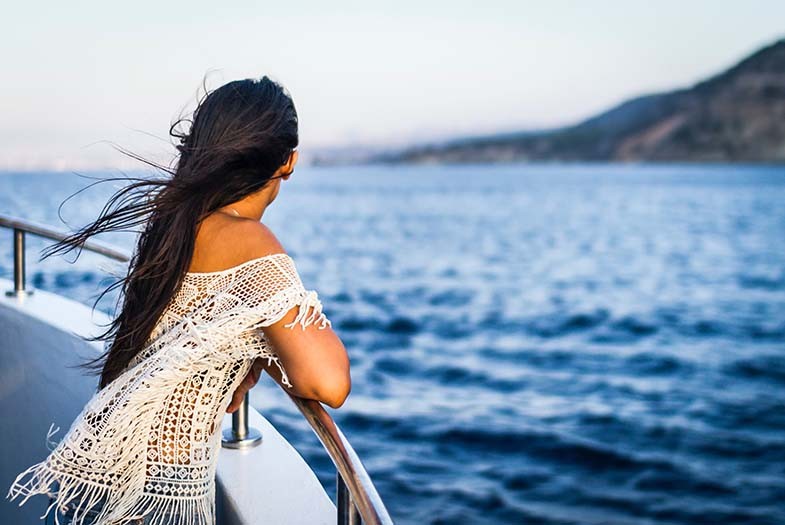
Credit: Ben O'bro, Unsplash
Ponant, a French line operating luxury expedition yachts, is doing just that. Eyeing a return to service this summer with cruises off the coasts of France and Tahiti, the line is partnering with IHU – Méditerranée Infection, a prestigious medical research facility in Marseilles. New protocols will include providing all guests with masks, disinfecting wipes and hand sanitiser. Crew will wear masks with protective visors when in contact with guests.
While larger ships are not expected to sail again until mid-September 2020, at the earliest, Norwegian Cruise Line is already publicising the first phase of its new “Peace of Mind” health and safety plan, outlining steps that include installation of new medical-grade air filters, frequent temperature checks for guests, and new onboard public health officers.
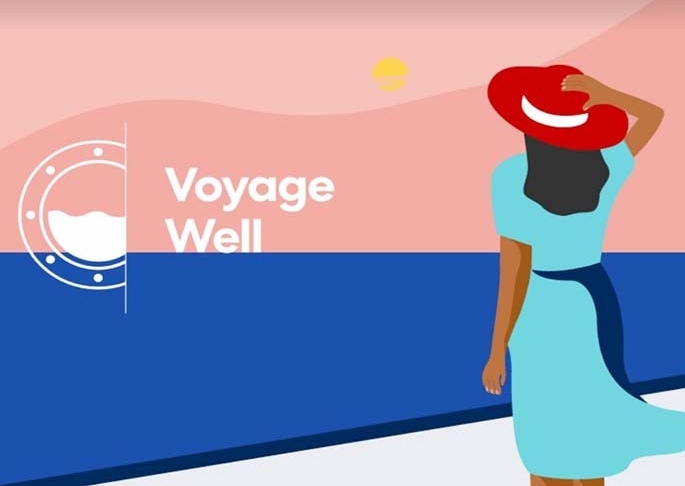
As part of Virgin Voyages' 'Voyage Well' plan, guests may require pre-boarding Covid-19 testing.
Fledgling line Virgin Voyages, in its “Voyage Well” plan, said it may require pre-boarding Covid-19 tests for all guests. It is also working on an app that would notify guests after the end of the cruise if they had come into contact with anyone infected.
Cutting-edge technology will likely help passengers avoid the need to touch surfaces – everything from slot machines you can play with your smartphone to voice-activated elevators. Wearable smart devices or smartphone apps may help track guests for crowd control.
However, no cruise lines have yet revealed how they plan to enforce the new rules. What will they do, for instance, if guests fail to comply with social distancing? On holiday, on the open seas, people tend to let their guard down.
- Virgin Voyages announced it's Voyage Well plan, which may include mandatory Covid-19 testing for guests prior to boarding. null
- Credit: Sheila Jellison, Unsplash null
- Credit: Robert Thiemann, Unsplash null
- Credit: Josiah Weiss, Unsplash null
- Credit: Linval Ebanks, Unsplash null

